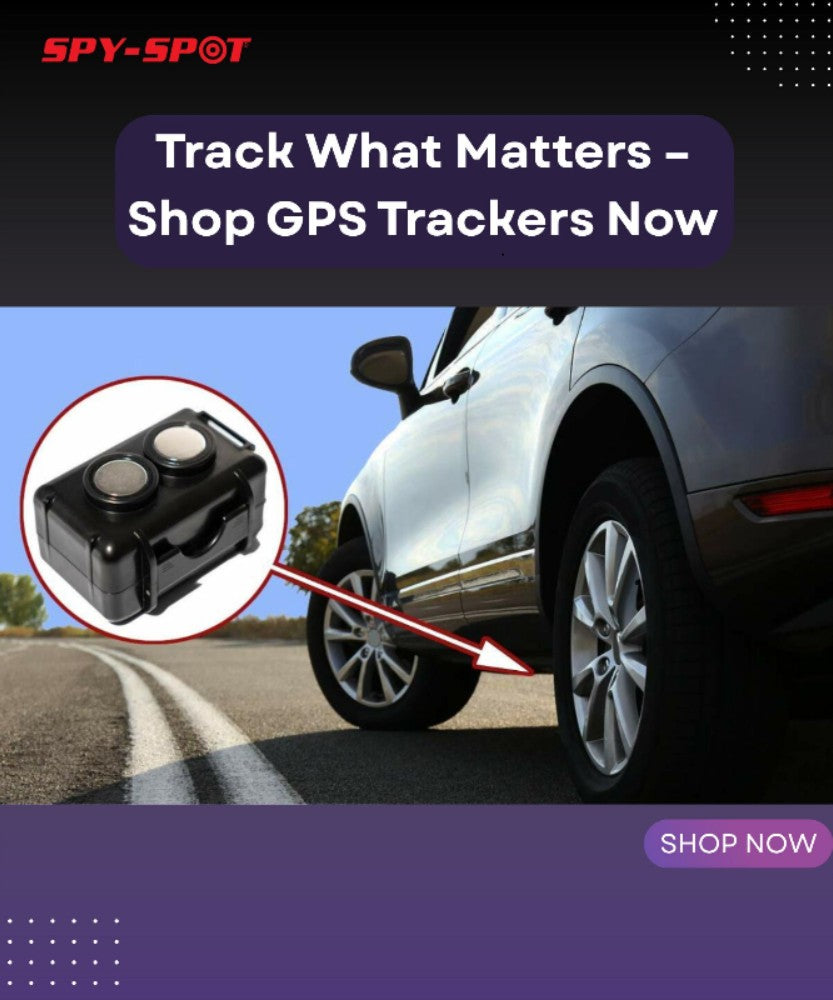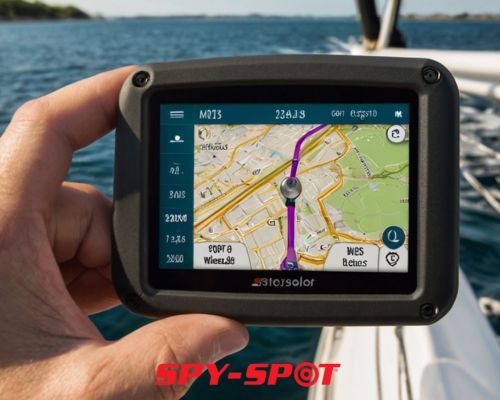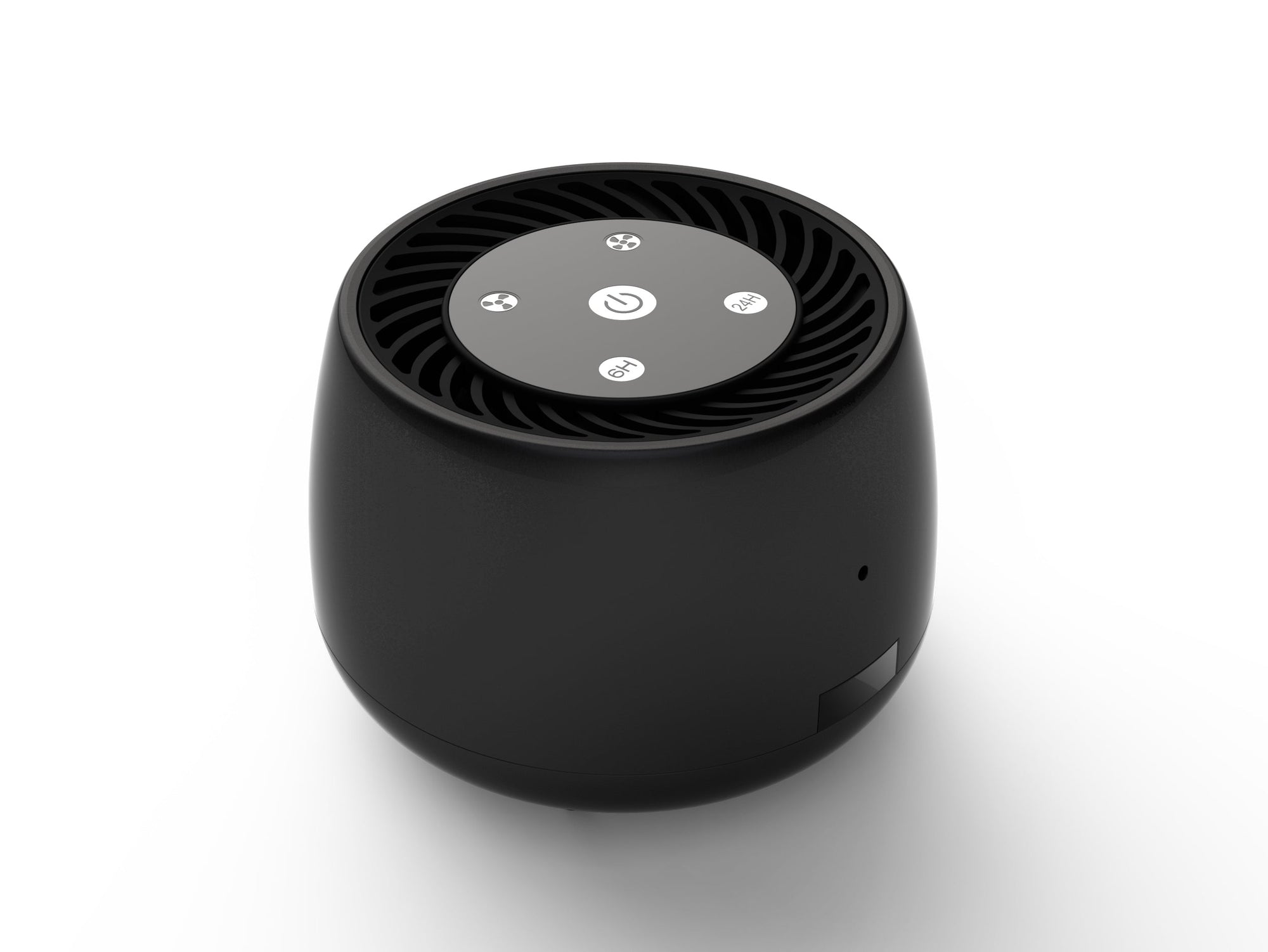Losing your luggage while traveling is more common than you would think. Airports mishandle thousands of bags daily. For frequent flyers, that risk turns into a recurring nightmare.
Thankfully, luggage trackers have stepped in as a modern solution. These tiny devices help you track bags in real time.
Whether you’re at baggage claim or stuck in another country, a GPS or Bluetooth tracker can help you locate your suitcase fast.
But one question keeps coming up: Are these trackers even allowed? Can you legally put one inside checked luggage or carry-ons? And if you can, which tracker is right for your trip?
In this article, we’ll break it all down clearly. You’ll learn what the TSA says, how these trackers work, and which options are best for domestic or international travel.
Let’s start by clearing up what’s legal and what’s not!
Is It Legal to Put a GPS Tracker in Your Luggage?
Here comes the major query: is it okay to put trackers in your luggage? Yes, you can. But a few rules still apply.
TSA and Airline Guidelines
TSA allows Bluetooth and GPS trackers in your checked or carry-on bags. These devices do not interfere with aircraft communication or control systems.
Trackers like Apple AirTags use small lithium coin cell batteries. These batteries are approved and don’t need to be removed for screening.
Bluetooth trackers don’t emit strong signals, so TSA doesn’t restrict them. Even most GPS devices are allowed if battery sizes stay within limits.
As long as the tracker’s battery is safe and low-power, it’s fine. According to the TSA: “Personal electronic devices are allowed in your luggage.”
This includes smart trackers that help locate lost or delayed items. There’s no need to declare them or remove them during screening.
Airline-Specific Policies
Most airlines follow TSA and FAA guidelines for portable GPS trackers. However, some airlines restrict smart luggage with non-removable lithium batteries.
That rule doesn’t apply to small trackers like AirTags or GPS tags. These don’t power your suitcase; they just sit and track.
For example, Delta allows trackers inside checked or carry-on luggage. United Airlines has no issue with small tracking devices either.
The FAA and IATA both allow passive electronic trackers in bags. Just make sure the battery is small and doesn’t pose fire risk.
In short: yes, it’s legal; just follow basic battery safety rules.
How Luggage Trackers Actually Work
Different trackers use different technologies to function the tracking procedures. This is what matters most when you travel.
Bluetooth Trackers
Bluetooth trackers are small, light, and easy to set up. Popular brands include Apple AirTag, Tile Pro, and Samsung SmartTag. They don’t have GPS; they ping nearby smartphones instead.
If someone with the same app walks near your bag, your app receives the location data and shows it on a map.
Apple’s Find My network works worldwide due to iPhone users everywhere. Tile and SmartTag use similar networks, but have fewer global users.
Range is limited; usually 30 to 60 feet max. These trackers are best for short-range use in airports or hotels.
They're ideal for spotting a bag that’s close but misplaced. However, they struggle if the bag is truly far away.
GPS + Cellular Trackers
How does a GPS tracker work? GPS trackers connect directly to satellites and cellular networks. Examples include Spark Nano 7, LandAirSea 54, and PAJ GPS.
These provide real-time, global location tracking; no crowd network needed. They work even if your bag is in another country.
GPS trackers have internal SIM cards to send location through mobile data. You can track your bag live on a mobile app or website.
That’s a huge advantage when traveling internationally or through multiple layovers. The downside? They’re more expensive and often need subscriptions.
Battery life is also shorter. A GPS tracker battery usually lasts 1 to 7 days per charge. Still, they offer far better coverage and accuracy than Bluetooth alone.
Hybrid Trackers
Some new devices combine Bluetooth, GPS, and Wi-Fi in one. This hybrid approach offers improved accuracy and better battery optimization.
They switch modes based on signal strength and available connections. They’re still emerging, but becoming more common. For tech-savvy travelers, they offer the best of both worlds.
Choosing a Tracker: GPS vs Bluetooth Vs Hybrid
Not all luggage trackers are created equal. Some prioritize range, while others focus on battery or real-time updates. Let’s compare various luggage trackers before you choose one.
|
Tracker Type |
Real-Time Tracking |
Range |
Battery Life |
Subscription Needed |
Size & Weight |
Price Range |
Ideal Use Case |
|
Bluetooth |
❌ No |
30-60 ft (within Bluetooth range) |
6-12 months (replaceable) |
❌ No |
Very small & light |
$25-$40 |
Short trips, airports, carry-on |
|
GPS |
✅ Yes |
Global (anywhere in the world) |
1-7 days (rechargeable) |
✅ Yes (monthly) |
Slightly larger |
$40-$100 |
International travel, checked bags |
|
Hybrid (Wi-Fi + GPS + Bluetooth) |
✅ Yes |
Global + short range |
Varies by device |
✅ Yes (some) |
Medium size |
$60-$150 |
Versatile tracking, global + local use |
Trackers like Tile or Apple AirTags are best for domestic travelers. Go with a GPS tracker for peace of mind during long trips. You can also combine both types for better results.
Choosing the Right Luggage Tracker
With so many luggage tracking devices available, picking one can be tricky. It depends on your travel habits, smartphone, and what you’re trying to protect.
So, what’s better: GPS, AirTag or Bluetooth luggage trackers? Let’s find out!
Travel Type
If you mostly take short flights or domestic trips, a Bluetooth tracker like Tile Pro or Apple AirTag is enough. These work best in airports, hotels, and during quick turnarounds.
They’re light, affordable, and easy to tuck into your suitcase. But if you often check a bag or fly internationally, a GPS luggage tracker gives more security and real-time updates.
Trackers like PAJ GPS or LandAirSea 54 work almost anywhere in the world. That’s essential if your bag goes missing overseas or in layovers.
Battery Life & Charging
Bluetooth trackers use small replaceable batteries lasting up to a year. They’re great for travelers who want something low maintenance.
GPS tracking devices, though, need recharging every few days. Heavy users should recharge every 3-5 days. Make sure the tracker is compatible with your app before you pack it.
Cost & Subscriptions
Bluetooth trackers cost between $25-$40 and need no subscription. GPS trackers cost more ($40-$100) and often charge monthly fees.
These usually range from $5-$25 for real-time GPS tracking services. Choose a tracking device based on your luggage type, habits, and route.

Real-World User Experiences
Many travelers now use GPS and Bluetooth luggage trackers every trip. Their stories show how these devices can help during air travel.
Here’s how real people are using trackers to avoid lost or stolen bags:
AirTag and SmartTag Use Cases
An Apple user tracked their checked luggage in real time at JFK. Even when the airline said the bag was missing, the app showed otherwise. The Find My app helped them recover it near a different carousel.
Another traveler shared how they could locate my bag with Tile Pro. They said it helped them avoid losing luggage on a connecting flight. Android users especially praised Samsung SmartTag for its solid Bluetooth tracker range.
Posts on Reddit show people using Apple AirTags to spot bags early. One user even tracked their suitcase being loaded at the gate. That gave them peace of mind during long flights across multiple countries.
GPS Tracker Use Cases
A traveler placed a PAJ GPS tracker in their luggage during travel. The GPS tracking device helped recover a stolen bag from a hotel. They received an alert as soon as the suitcase left the geo-fenced zone.
Others used GPS luggage trackers while moving across Europe. They tracked bags in real time, even when flights got delayed. Many said GPS helped keep their luggage safe during travel, despite chaos.
These stories prove that placing luggage trackers is worth the investment. Whether it's a smart tag or GPS, these devices can truly help.
Tips to Use Your Luggage Tracker Effectively
To get the best results from your luggage tracker, use it smartly. You’ll want to prep your device before heading to the airport or station.
Here are key tips for using your Bluetooth or GPS tracking device:
Hide It Smartly
Don’t place your tracker in a front or outer zipper. Instead, tuck it inside a secure pocket or inner lining. This makes it harder to steal or fall out during handling. Place multiple trackers in different sections for extra backup coverage.
Charge Before Travel
Always check your tracker’s battery life before you travel. Fully charge GPS trackers the night before. Replace Bluetooth tracker batteries every few months to stay worry-free.
Connect the App Early
Pair your device with its app ahead of time: Find My, Tile, or another. It avoids delays or errors at the airport when you need it most. Check that location tracking permissions are enabled in your phone settings.
Enable Geofencing
Set geo-fencing alerts if your app supports them. You’ll get notified when the bag exits or enters a location zone. This is helpful in baggage claim, layovers, or hotel transfers.
These simple steps will make your luggage tracking far more effective. Preparation boosts both real-time tracking and your peace of mind.
Pros and Cons of Using Luggage Trackers
Luggage trackers make modern travel smoother, but they aren’t perfect. Here are the real pros and cons based on user experience and tech.
Pros
-
Help track your luggage during flights, layovers, or airport delays
-
Support real-time tracking with GPS or crowd-sourced updates via Bluetooth
-
Great for checked luggage and high-value or sensitive bags
-
Make it easier to file claims if your luggage is lost or stolen
-
Trackers like Tile Pro, Apple AirTag, and SmartTag work with both iOS and Android
-
Alerts and app notifications help you act fast when baggage goes missing
-
Offers an extra layer of security for international travel
Cons
-
GPS trackers are pricey and some GPS trackers need a monthly subscription
-
Bluetooth trackers rely on other devices; limited range in remote areas
-
Some smart tags raise privacy concerns (AirTags linked to stalking incidents)
-
Replaceable batteries must be monitored or changed regularly
-
May not work well if airport or airline policies restrict electronic devices
-
Not every tracker is compatible with both Android and iPhone systems
While not flawless, luggage trackers can help reduce travel stress significantly.
Choose based on how often, where, and what you travel with.

Frequently Asked Questions (FAQ)
Still unsure how luggage trackers work or what’s allowed? Look at some common questions travelers ask before using one.
Can I use a GPS tracker in my checked luggage?
Yes, you can. Most GPS luggage trackers are allowed in checked baggage. Just make sure the battery is non-removable or meets TSA guidelines.
Will an AirTag work internationally?
Yes, Apple AirTags work in most countries using the Find My network. As long as other Apple devices are nearby, you can track your luggage globally.
Do I need cellular service for GPS luggage trackers?
Yes. GPS trackers need a SIM card to send real-time data. They rely on cellular signals, unlike Bluetooth trackers like Tile or AirTags.
Will airline staff remove or confiscate trackers?
No, but they might flag certain smart luggage with non-removable batteries. Small Bluetooth or GPS tracking devices are generally safe and allowed.
Can I track my bag during a flight?
Partially. Bluetooth trackers won’t work mid-flight due to limited range. GPS trackers may update location when the plane lands or during stops.
What’s the best tracker for international travel in 2025?
For international travel, choose a GPS tracker like PAJ GPS or LandAirSea 54. Bluetooth-only trackers like AirTags are better for short-distance or local trips.
Need full tracking power? Go for a GPS luggage tracker with app support. Want a budget pick? Stick with a Bluetooth tracker like Tile Pro.
Final Verdict: Should You Use a Luggage Tracker?
Yes; you can safely use a GPS tracker in your luggage. Most trackers, including AirTags, Tile, and PAJ GPS, are TSA and airline-approved.
Choosing the best luggage trackers depends on your travel needs:
-
Apple AirTag: Perfect for iPhone users and short-range tracking
-
Tile Pro: Great for Android users and carry-ons or domestic trips
-
PAJ GPS or LandAirSea 54: Best for global travel and real-time tracking
Bluetooth trackers work well for local trips and are easy to set up. GPS luggage trackers offer an additional layer of security for long trips.
Pick one based on your travel style, budget, and device compatibility. With the right tracking device, you’ll travel smarter without worries.





